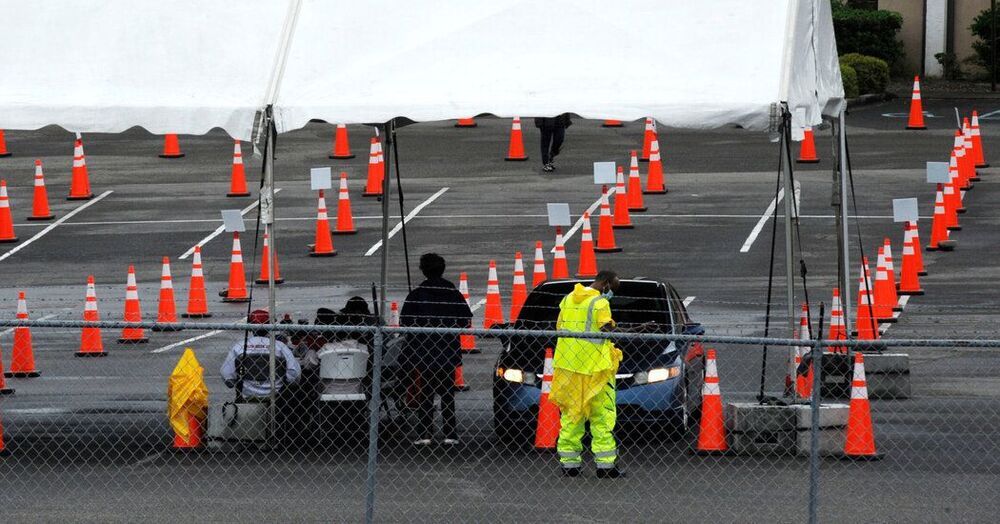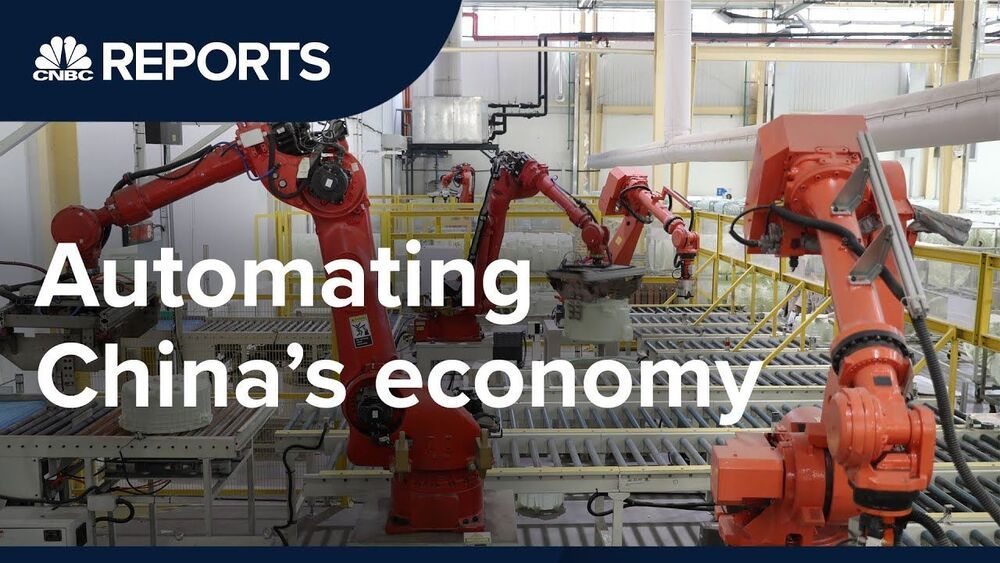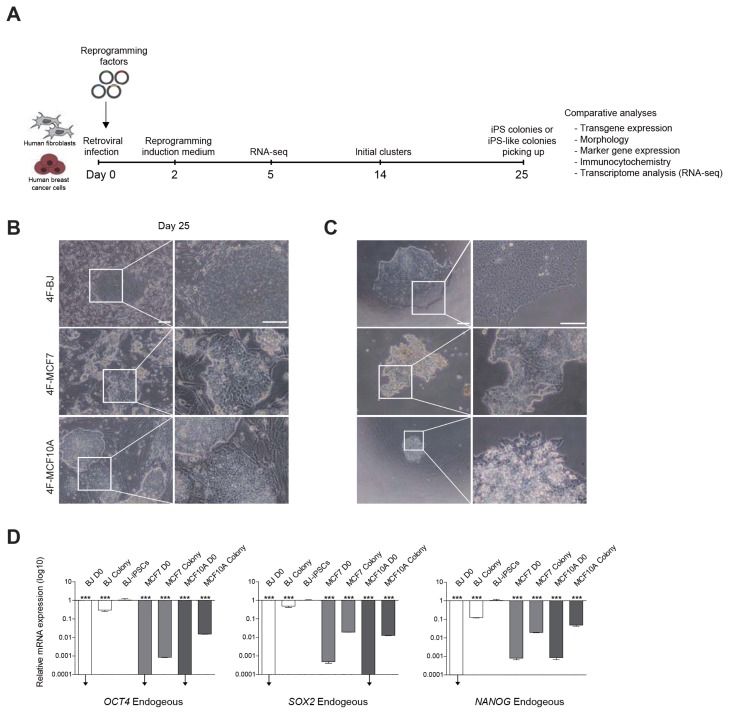
With the rise of the lithium-based battery, demand for this soft, silvery-white metal – the lightest solid element in the periodic table – has exploded. With the race to zero carbon by 2050 gathering steam, forcing the electrification of transport, lithium will be an even more valuable asset in the next 30 years.
The supply of raw materials for batteries could even end up being a national security issue, too; China’s global leadership on high-volume EV production has put it ahead of the game, and while the majority of ground-based lithium reserves are in the “lithium triangle” of Chile, Bolivia and Argentina, China controls more than half’s the world’s supply simply through investments and ownership. It has shown in the past that it’s not afraid to wield commodity supplies as a weapon.
But as with other metals like uranium, land-based lithium reserves pale in comparison to what’s out there in the sea. According to researchers at Saudi Arabia’s King Abdullah University of Science and Technology (KAUST), there’s about 5000 times as much lithium in the oceans as there is in land deposits, and a newly developed technology could start extracting it cheaply enough to make the big time – while producing hydrogen gas, chorine gas and desalinated water as a bonus.

















